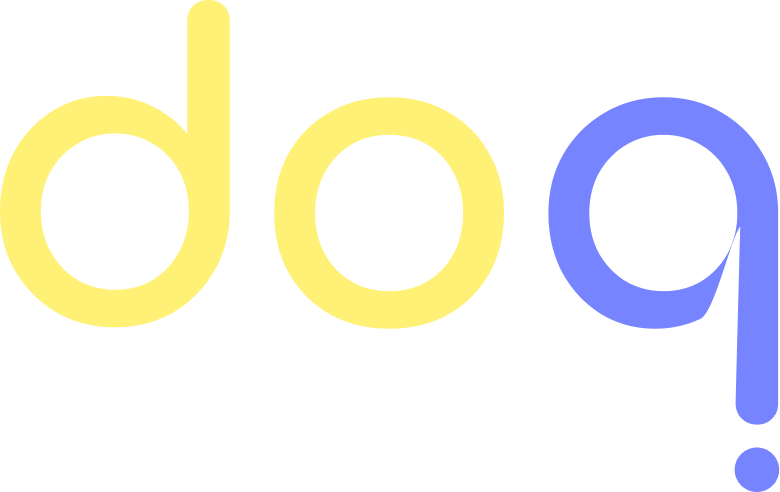The power of asking the right questions
The humbleness of question and consider that what we think is right may not be that right, is very powerful. Even when we tend to fall in love for the first idea we believe is the one, questioning that perspective is wiser and sustainable.
When we are faced with a challenge in our professional or personal life, with no solution for it yet, one of the most important things to start doing is to ask questions. But not any questions. We need to understand and learn how to ask the right questions. Those are the ones that setup the mise en place, allowing us to be on the right track to find the right solutions.
So how do we know what a “right question” is? A right question is a question that will help you frame the real problem you are trying to solve. A right question is a question focused on the people you are trying to find a solution to. A right question is a question that brings customers, staff, users, stakeholders and others to the co-creation and co-design of the solution. A right question is a question that defies us to prove our assumptions.
As an example, let’s imagine you have a challenge in front of you which is to help a company foster employee engagement within a digital platform built to promote networking and knowledge inside the organization. The platform is very powerful in terms of content but is rarely used by employees. Your client aims to increase participation and awareness but does not know how. If you head up interviewing employees and ask “does this platform interest you in anyway?”, you are on the wrong track. That type of question is focused on the product itself and not on the people. It is focused on the platform and not on the person in front of you. A good alternative could be asking questions like “Is networking inside the organization important for you? Why? Can you give me an example?” or “Do you see value in training provided by a digital source? Why?”. These types of questions are focused on the people you are interviewing and trying to understand. They will help you comprehend deeply the audience you are targeting because they are made to listen to others, about their feelings, thoughts, needs, desires, frustrations. They are broad enough to explore and narrow enough on the subject.
Considering this, it is easy to conclude that making the right questions requires preparation and skills. And preparation here means to allow space and time to think. Think about the challenge, the real problem we are trying to solve, the answers we need to achieve and the questions we should build to make a purposeful job. And here is a big problem of today: allow space and time to think!
In general, people do not dedicate space nor time to think about a plan or a strategy. Or to test and experiment. Or to collaborate with others. Or to ask for help. Or to invest in continuous academic development. Or to question themselves about their thoughts and certainties.
Having the ability and skills to make the right questions is to accept we need to dedicate space and time to gain expertise to execute it and to work on it.
